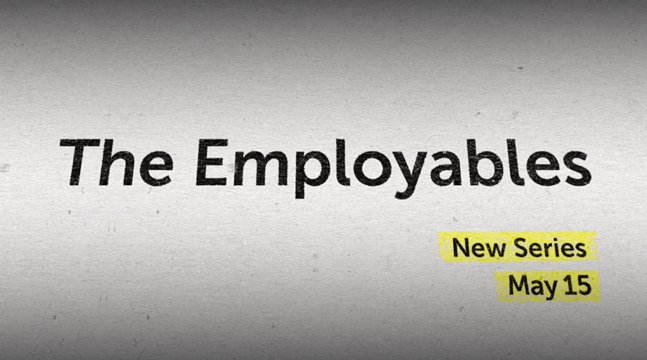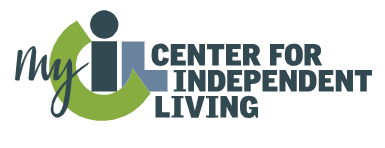“The Employables” — premiering May 15, 10 p.m. ET on A&E — will chronical the job searches of people with autism and other disabilities.

Identifying Their Strengths, Highlighting Their Supports
Each of the eight hour-long episodes will follow two job seekers as they work with an employment specialist to define their strengths and talents. Together they come up with a plan for the best way to pursue employment. The job seekers go on interviews and secure trial employment to find the right job and career path for them.
As the job seekers work towards finding employment, the series also shows their support systems. Family and friends play an integral part in their success.
“The Employables” is shining light on how differences can be strengths. While the docuseries highlights how so-called disabilities can be a benefit to the workplace, it will also be a resource for job seekers with disabilities and their family members. A&E will provide information online and on social media about resources for neuro-diverse job seekers.

Changing How Employers View Job Seekers With Disabilities
While the unemployment rate for people with disabilities is at an all-time low of 8%, it is still more than double the country’s unemployment rate.
Securing meaningful, competitive and integrated employment is a challenge for people with disabilities. Potential employers often overlook those with disabilities due to negative stereotypes.
As shows like “The Employables” emphasize the benefits people with disabilities can bring to the workplace, the hope is more employers will change their view of employees with disabilities. In fact, job seekers with disabilities are an untapped workforce, eager and capable of working.
Hiring Boom in the Technological Sector for People With Autism
One industry seeing a boom in hiring neuro-diverse employees is the technological sector. Jobs requiring repetitive tasks, such as data entry and coding, are often the perfect fit for people on the autism spectrum. While these positions usually have a high turnover rate, employees on the spectrum tend to exhibit improved job retention.
When it comes to creative work, such as network problem-solving and software design, the so-called disabilities are strengths. Employees with autism bring a different approach to creative thinking.
Replacing Aging Workforce in the Manufacturing Sector
The manufacturing sector is also seeing an increase in the hiring rate of people with autism and other neuro differences. Companies such as ExxonMobile are viewing people with neurological differences as a replacement for their aging workforce.

Making It Easier to Find — and Retain — Meaningful Employment
While we have seen improvement in the hiring of people with disabilities, there is still work that can be done to improve the hiring rate.
For instance, transportation can be a challenge. Organizations around the country who support people with disabilities are helping to coordinate transportation.
The other main challenge is changing the perception potential employers have of neuro-diverse job seekers. By representing them more accurately in the media — as “The Employables” will be doing — a shift can take place. Employers can view people with autism and other disabilities as having strengths instead of challenges.





